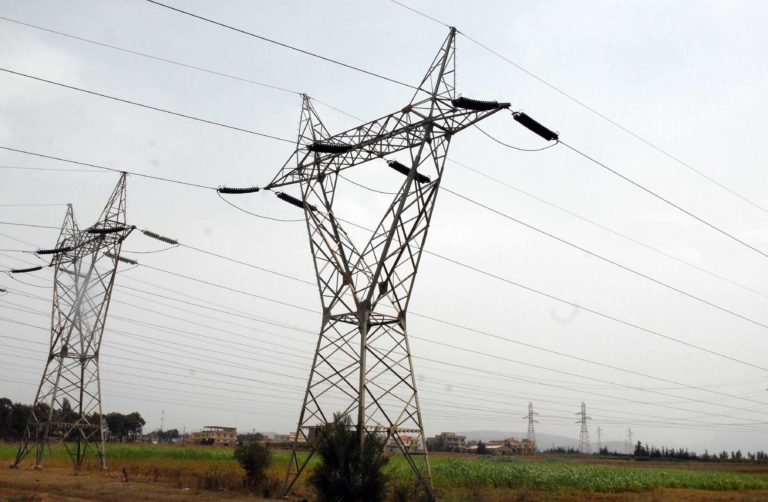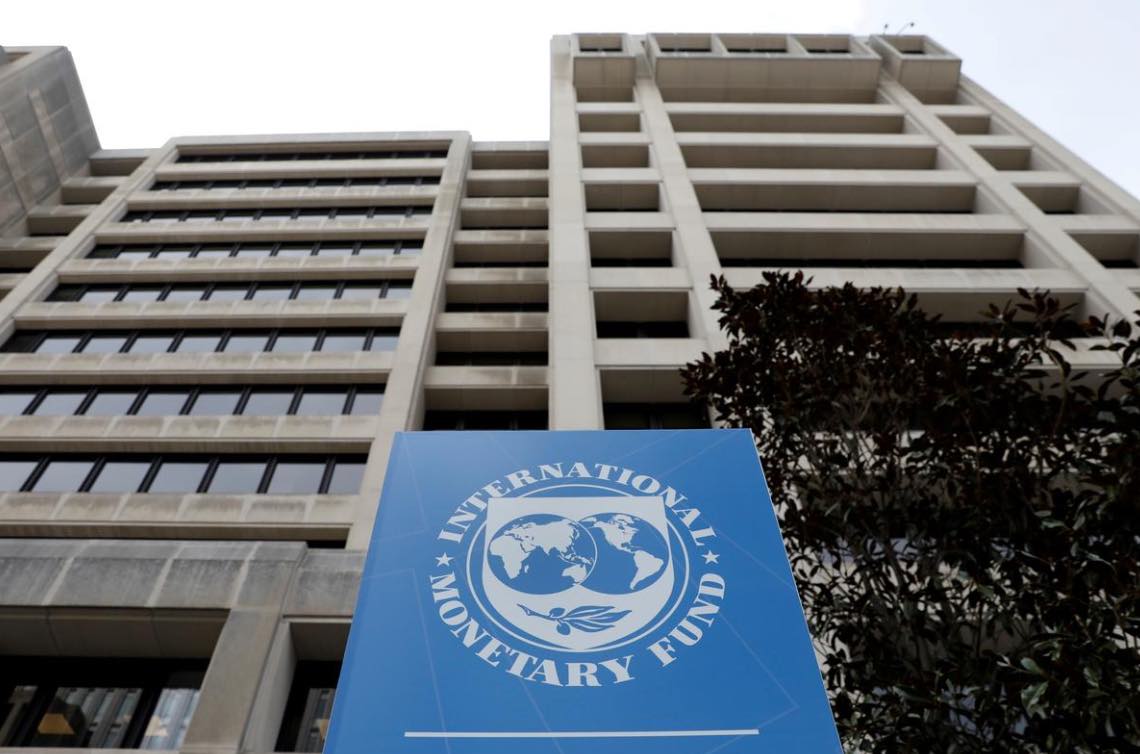
The Bank of Israel bought "hundreds of millions" of dollars of foreign currency on Monday, dealers said, after the shekel ILS= continued to strengthen for a fifth straight session.
One dealer at an Israeli bank said the central bank started buying at a dollar-shekel rate of around 3.84. The exchange rate, which quickly moved to 3.85, had weakened to 3.90 on June 27 in the wake of the Brexit vote.
The central bank declined to comment.
Its move came after financial newspaper TheMarker reported that the bank's intervention policy had come under fire by Prime Minister Benjamin Netanyahu's chief economics advisor, Avi Simhon, who was quoted as saying that intervention was tantamount to a protective tariff that raises prices for consumers by deterring import competition.
He argued, according to TheMarker, that only exporters are harmed by an appreciating shekel and they would be able to absorb a 10 percent appreciation of the currency.
A spokesman for the prime minister's office could not immediately comment.
The Bank of Israel has been buying dollars since 2008, boosting its foreign currency reserves by some US$70 billion to $96.5 billion. Its policy is aimed at protecting exports, which comprise about 31 percent of economic activity.
"The Bank of Israel's position … has not changed," the central said on Monday. "The hardship facing Israel's exports industries cannot be ignored, especially given its importance to growth and productivity in Israel."
Policy decisions, it added, are made by the four-member Monetary Policy Committee.
The dealer said it was likely the Bank of Israel intervened to ease market concerns about a change of policy.
Bank of Israel Governor Karnit Flug told reporters last week that intervention was an "integral part of monetary policy" since it has prevented further appreciation. She noted that most central banks are adopting very accommodative policies that are acting to weaken their currency.
"This situation may lead to an erosion of profitability among many businesses in Israel to an extent that will not allow them to survive this period," Flug said.




